Regardless of the brand, both alternators and starter motors will wear out over time with extended use, necessitating replacement. However, many people discuss alternator vs starter motors during maintenance. When a vehicle fails to start, people often initially suspect a low battery charge. However, in reality, it’s the alternator’s job to convert mechanical energy into electrical energy. Meanwhile, the starter motor converts the electrical energy from the car battery into mechanical energy to start the engine.
When it comes to construction machinery parts and basic maintenance knowledge, understanding the differences between components like alternators and starters is crucial, especially for those who operate heavy duty equipment regularly. Here, we’ll help you distinguish between them and pay attention to various symptoms.
What is an alternator?
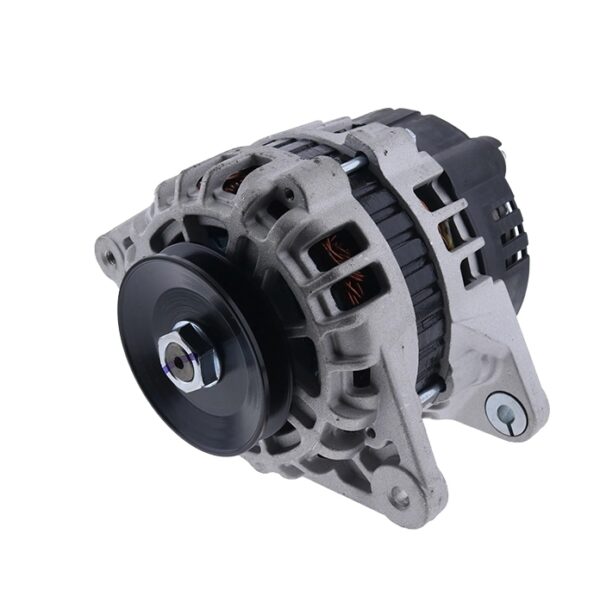
An alternator is a device used to generate alternating current (AC) electricity and is typically located at the front left of the engine. It operates on the principle of converting mechanical energy into electrical energy, essentially charging the battery as it runs. When the alternator’s rotor (usually a set of magnets) rotates, it creates a changing magnetic field around the wire coils, inducing an electrical current. The alternator regulates voltage to supply the required power for the equipment’s components to operate. If the battery runs out of charge, the alternator cannot recharge it.
What is a starter?
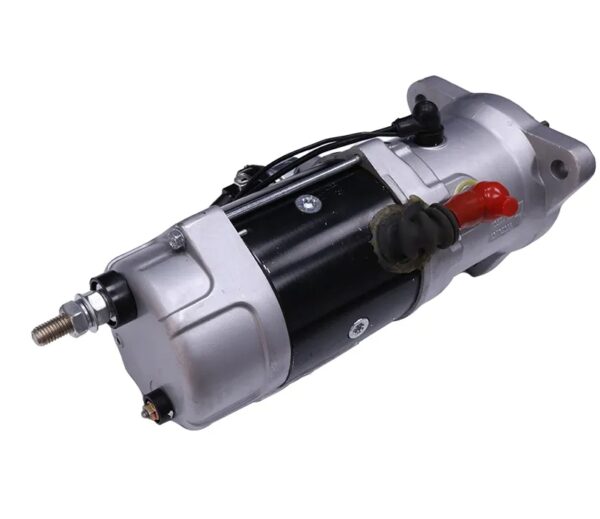
The starter also named starter motor, is positioned at the bottom left of the engine and is responsible for initiating the engine’s operation. It functions by connecting to the battery via a solenoid, which then transfers electrical energy to the starter motor. Simultaneously, it engages the starter gear with the flywheel of the engine. When you turn the key or press the button to start the vehicle, the solenoid energizes, causing the starter motor to rotate. The starter requires a large current during startup, hence needing sufficient battery charge. If the car cannot start but the battery is in good condition, it could be due to a faulty starter. Therefore, if the engine takes time to start, the starter might be the issue.
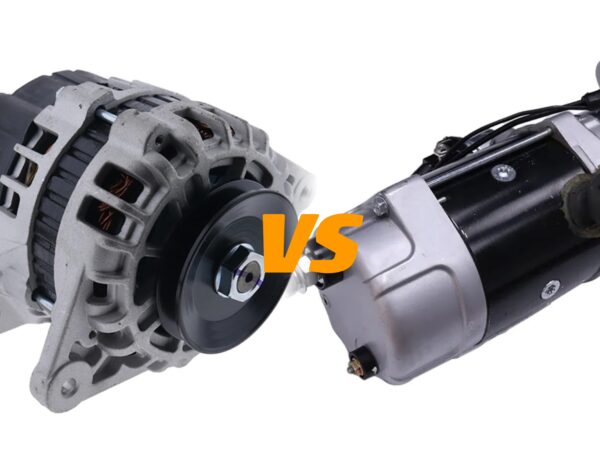
Heavy duty alternator vs starter motor
They rely on each other—when starting the heavy duty equipment, the starter needs power from the battery to initiate the engine, while the alternator charges the battery as the engine runs to replenish the energy consumed by the starter. Together, they ensure smooth engine starts and battery charging. Thus, when one component malfunctions, others may encounter issues, making it challenging to pinpoint the problem.
Signs of alternator failure
- Difficulty starting the engine
- Dimming or brightening of dashboard indicator lights
- Abnormal voltage meter readings (too low or too high)
- Unusual noises under the hood, such as grinding or squealing sounds
- Frequent battery drain due to the alternator’s inability to charge it
- Dim, excessively bright, or flickering headlights indicate insufficient power supply
- Sluggish power window operation due to inadequate power supply
- ALT indicator light blinking
- Strange smells like burning rubber or friction indicating belt damage
Signs of starter motor failure
- Hearing strange noises like buzzing, grinding, or clicking when trying to start the vehicle
- The dashboard, headlights, and radio working normally, but you equipment shows no response when turning the key or pressing the start button
- Overheating or smoking of the starter, requiring immediate inspection and repair
- Even after attempting jump starts, the engine remains unable to start, with the dashboard lights on but the equipment and vehicles not starting
Understanding and maintaining your heavy duty equipment is essential to ensure its longevity and proper functioning. If you suspect issues with the alternator or starter, it’s crucial to take your construction machinery to a professional service station for inspection and repair. Otherwise, it may lead to damage to other electrical components.
Regular maintenance and upgrades for alternators and starter motors
Though knowing the difference between an alternator and vs starter motor, maintenance is critical for the proper functioning of alternators and starters. Through regular checks and timely repairs, you can ensure the reliability and performance of these crucial components. At FridayParts, we offer a wide range of high-quality automotive parts. If you need to upgrade your alternator or starter motor, please contact us. Timely professional assistance can help you maintain your heavy-duty equipment’s good condition and avoid potential issues.


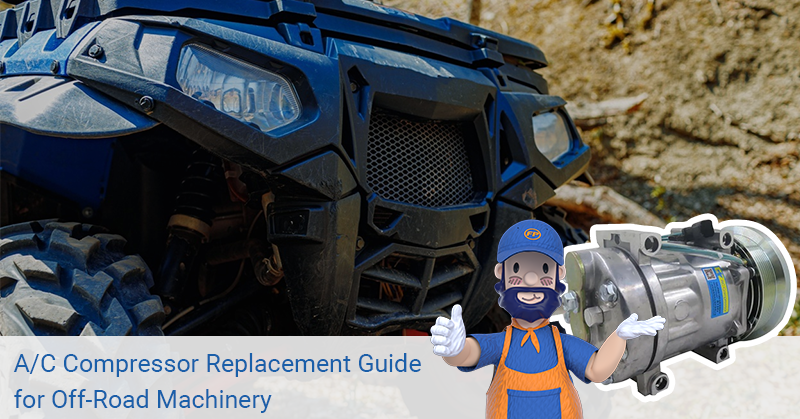
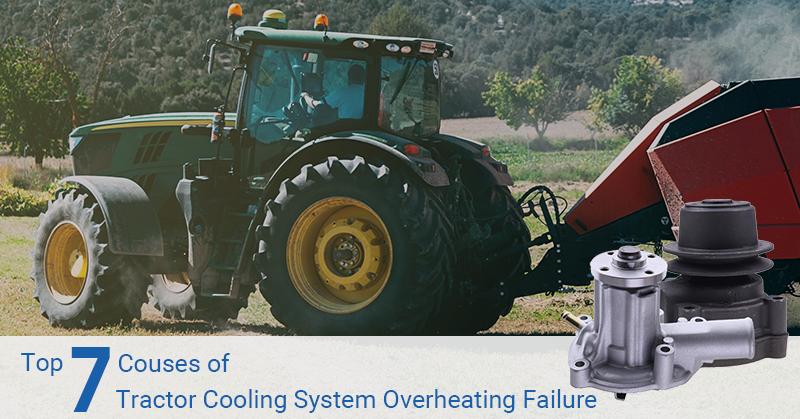

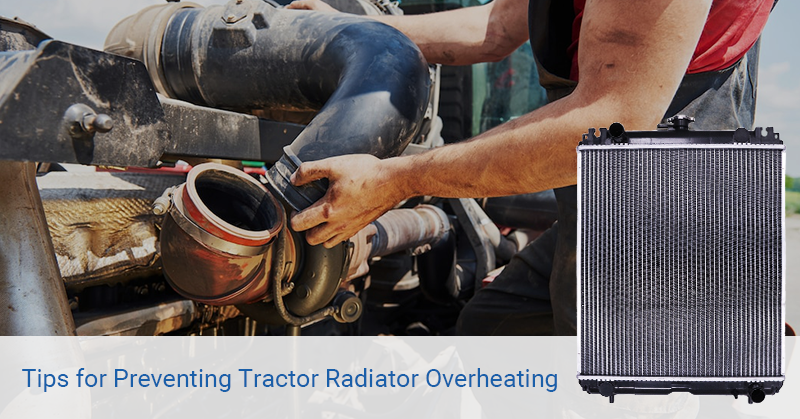

Leave A Comment